Disclosure: This article may contain affiliate links. If you decide to make a purchase, I may make a small commission at no extra cost to you.
A raw vegan diet is one of the best ways to lose weight, but this shouldn’t be everyone’s goal. If you’re starting the diet and you’re already quite skinny, chances are you’re going to end up even skinnier if you don’t make some adjustments. If your goal is to gain weight on a vegan diet, you should try to do it in a healthy way rather than going for the junk food.
Jared Leto is one famous vegan who once gained an amazing amount of weight for a film role, but he did it in a very unhealthy way. Perhaps time wasn’t on his side because of his schedule and filming, but you have time, so you should make sure that you eat the right foods so that you put on a healthy percentage of muscle and fat.
Gaining weight is usually as simple as just choosing the right foods. Although genetics does play a role, and sometimes a person can have deficiencies and food intolerances which makes it more difficult.
Being underweight and being overweight can have their own unique risks, so it’s important to reach a weight where you feel healthy and you are happy with how you look.
Risks of having a low body weight
Although I practice a calorie restriction diet, I’m fully aware of the risks of maintaining a low body weight. When you have a low body weight it’s crucial that you maintain your body with excellent nutrition and are cautious about the dangers. You really should aim to find a balance. Yes, lean is healthy, but there can be some symptoms associated with it if your weight drops too much.
- Orthostatic hypotension – This symptom often appears when you’re sitting down and then you suddenly get up off the chair and feel dizzy.
- Hormonal imbalance – Women can have menstrual cycle irregularities and loss of their period.
- Reduced bone density – You may be at greater risk of osteoporosis if you maintain a low body weight and are not actively training to strengthen and maintain bone mass.
- Sleep disturbances – If an animal goes without food for too long, it will have significantly reduced sleep. The same appears to be true for humans. People who restrict calories significantly and have a very low body weight have difficulty staying asleep for a full 8 hours.
- Poor immune function – One of the biggest risks for someone who maintains a low body weight is overcoming serious infections.
- Poor wound healing – Low-calorie intake and body weight may lead to slower wound healing until calorie intake is increased.
- Heart problems – Losing weight fast or losing an extreme amount of weight can lead to arrhythmias.
- Always feeling cold – It’s common for people to start feeling really cold as they decrease calorie intake. If you live in a cold climate, this could become a problem.
- Medication reactions – Having a low body weight might make you more susceptible to the side effects of medication.
- Social pressures – Concern from friends and family may cause anxiety and other issues which can affect your health.
It’s very possible to maintain a low body weight, be healthy and manage the risks, but it’s worth acknowledging a few of the drawbacks that you can encounter.
There are usually a few reasons why someone wants to gain weight on a vegan diet
- Looking to gain an athletic and healthy physique
- Training to become a bodybuilder
- Their weight has dropped too low after starting a vegan diet and it was unintentional
- Pressure from friends and family about how thin they look (this is common, even if you are at a healthy weight. People just aren’t used to it).
- Eating disorders
- Health conditions which make it risky to maintain a low body weight
Most of the time extreme weight loss on a vegan diet will be unintentional. A vegan diet is a really effective way to lose weight. But whatever the reason, the main thing you should aim for is to be happy and healthy.
How to gain weight without losing your health
When you start trying to gain weight, you might feel quite bloated as you adjust to the amount of food you have to eat to be in caloric surplus, but these feelings can be reduced by changing some of the foods you eat.
Over time your body will adapt, stomach grows, and you’ll start to feel more comfortable with the number of meals and portion sizes you need to eat.
Many studies show that vegans are the skinniest of the bunch. Skinnier than vegetarians, omnivores, and those on a carnivorous diet. But it’s not impossible to gain weight if you want.
I recommend you also check out my article on how to start a vegan diet for some extra tips and ideas for foods to eat.
1. Eat more food and increase calories
I know, I’m stating the obvious. But there’s no getting around the fact that you need consume more food which is more calorically dense and also increase the number of meals you’re having each day.
So if you normally have two meals during the day, consider having 3 big meals and one or two snacks in between them.
Choose foods which really increase your caloric intake without making you feel too full. These would be foods like sweet potatoes, olive oil, avocado, beans, vegan vegetable burgers, soy milk etc. You can also consume healthy treats like dry fruit, or have some chocolate, which is high in fat and has a lot of calories per serving.
Drinking smoothies or meal replacement shakes are also another excellent way of getting lots of plant-based nutrition and increasing your calorie intake. These can be especially useful if you’re quite busy and find yourself missing meals often. Protein bars can be another option for you.
Check out some more ideas here on how to increase calorie intake.
Also, don’t forget to check out how many calories you’re actually eating by using a tool to track it. That would be a great starting point so you can tell how many calories you need to aim for each day to gain weight at a steady pace.
2. Change your macronutrient balance
Use a programme like CRON-O-METER to check out the percentage of carbohydrates, fats, and protein you’re consuming.
I found that eating a lot of carbohydrates made it difficult to gain weight. The way I saw better gains was to increase the number of healthy fats in my diet from nuts, seeds, avocado, and olive oil.
Protein powders were also very helpful too. Find out more about the benefits of drinking protein shakes on a vegan diet.
All three macronutrients are important in the diet and each serves a purpose, but plant-foods tend to be really high in water, low in calories and can get you feeling full fast. This will make it much harder to consume the amount of food you need to gain the weight.
Fat, on the other hand, has 9 k/calories per gram and can be added to many different meals easily. Even if you were to have a piece of wholemeal bread, you can put a tablespoon of extra virgin olive oil on there and a banana. Simple and fast!
If your fat intake comprises of around 10% of your diet right now, consider raising that to 20-30% and raise your protein intake to 15%. The rest will come from calorically dense carbohydrates. But of course, don’t forget the greens! I’m not saying don’t eat them, but don’t make a gigantic salad with them which takes you an hour to eat.
3. Smoothies are easy calories
Although I’m not a big green smoothie drinker as I used to be (I prefer to have whole meals), I still drink them a few times a week. During my weight gain phase, they were great because I could get in a lot of calories and not feel extremely full doing so.
You can throw so many different foods into a smoothie and usually, it comes out tasting great. Usually. 😉
Well, there’s been a few times where the smoothie has gone to waste because of bad food combinations, but there are plenty of ideas out there for some tasty smoothies.
Throw in some fruits like mangos, pineapple, avocado, bananas, flaxseeds, vegan protein powder, almond milk (or other vegan milk products) with about 30% greens like baby spinach and you’re good! Oh and the water… Don’t forget that.
4. Add in healthy snacks
It’s movie time and you’re ready to sit down to enjoy. Why not get some snacks in during this time? It could be some grapes, mixed nuts, dried fruit, vegan muffins or vegan yogurt.
We tend to eat more when we’re not paying attention. Whether it be watching TV or being on the computer.
5. Less running more weights
If you’re doing intense cardio workouts, why not change that up for some walks, gardening and other activities which don’t burn up a lot of calories?
Go to the gym and start lifting weights to build up muscle. This will help improve your confidence, muscle tone, balance, posture, reduce the risk of osteoporosis. It will also improve your mood and help reduce glucose levels by increasing insulin sensitivity.
Consider doing some yoga as well. It’s a low impact and low calorie and amazing for your health.
Maybe even get a trainer if you can afford it. They will be able to shape your body in the way you want.
6. Don’t rush it
Crash dieting is not a good idea and neither is rapid weight gain. Any shock to the system is not good and can lead to long-term health complications down the line.
If you’re just gaining a pound a week, then that’s fantastic, you don’t really need to gain faster than that. This isn’t a race, but you’re trying to get yourself in the best shape possible.
Of course, if you’re competing competitively in a sport then that’s a different story. You’re likely going to see bigger gains from the hard training and change in diet. But for the average person who has a pretty normal lifestyle, go slow and steady.
What you should not do
I’ve seen many different diets come and go over the last 15 years, and the ones I am certainly not a fan of are these mono-food diets. 30 bananas a day comes to mind. I simply do not think this is healthy and you’re missing out on a whole range of phytonutrients, not to mention a large amount of sugar you’re getting from the fruit.
- Don’t eat 30 of anything a day whether it be mangos, bananas, dates or whatever. It’s not healthy in the long term.
- Don’t eat until the point where you feel like you’re going to be sick.
- Don’t rush while you eat. You want to digest the food well so you can absorb the nutrients.
- Don’t rely on vegan cookies or any vegan junk food. They can be good for a treat every now and then, but should only be a small part of the diet.
- Don’t add white sugar to your smoothies (I’ve seen vegans do this), and avoid high sugar drinks that have no nutritional value. Drink water or tea.
My own experience gaining weight healthily
Last I just want to share my story about my own weight gain.
I’ve been eating a largely raw food, plant-based diet now for over 15 years and there was a time when I was really skinny. These days my body is more athletic and lean and I never get any comments about being too skinny.
Ten years ago I was at my lowest BMI ever, it was around 16.3. Yeah, I know, crazy right? It was intentional because I had been practicing calorie restriction in order to slow down aging. I restricted my calorie intake to around 1550 k/cal per day and this is where my BMI dropped to before things started to stabilize.
According to blood work and other measurements of health, I was super healthy. But obviously, I never looked that way due to my low body weight.
I also felt that it was quite risky to maintain such a low body weight, so at some point, I decided to increase my calorie intake and raise my BMI to where I felt I looked healthier and was able to still maintain very good biomarkers (glucose, cholesterol, inflammation markers etc.)
When you’re at such a low weight, it can be quite difficult to gain it back, at least at first. I had to change the foods I was eating to include more calorically-dense foods and also cut back a bit on cardio workouts and start lifting weights instead to build muscle mass.
When you’re trying to gain weight, you’ don’t want to just pile on pounds of fat without increasing muscle mass. This will ensure that you have good insulin sensitivity and low glucose levels.
So anyway, I gained around 15 lbs and that put me around a BMI of 19.5, which falls within the healthy BMI range.
It’s still quite lean, but it still fits in with my practice of CR. For my body frame, this appears to be more healthy for me, but for someone with a larger frame, it might still look too skinny.
I gained this weight in just over three months. Which sounds like a lot of time for such a small amount of weight, but much of this was muscle.
In recent years my metabolism appears to have slowed down a lot, and now I’m able to maintain a BMI of 19.5 with a calorie intake of around 1600 k/cal per day. This works out perfectly for me!
Conclusion
A vegan diet can lead to significant weight loss which can be concerning if you already have a low body weight. But usually there is nothing wrong, but calorie intake has dropped a lot and you’re not making up for it by choosing foods which are high in calories.
This is pretty common in the raw food community, but once you understand ab it about nutrition and which foods to eat, it’s easy to maintain a healthy a sustainable weight on a vegan diet.
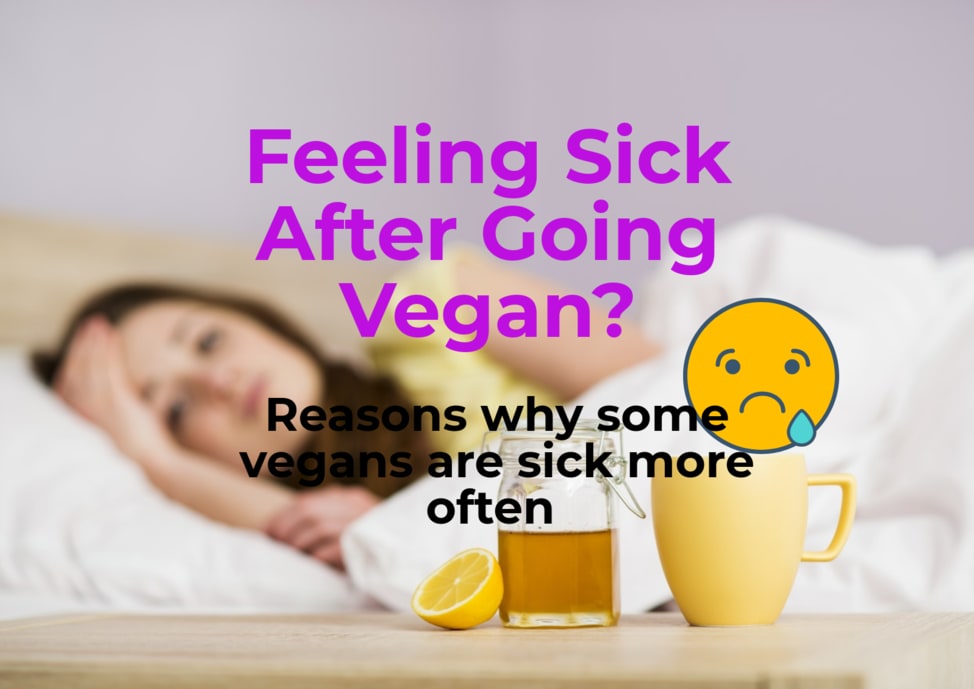



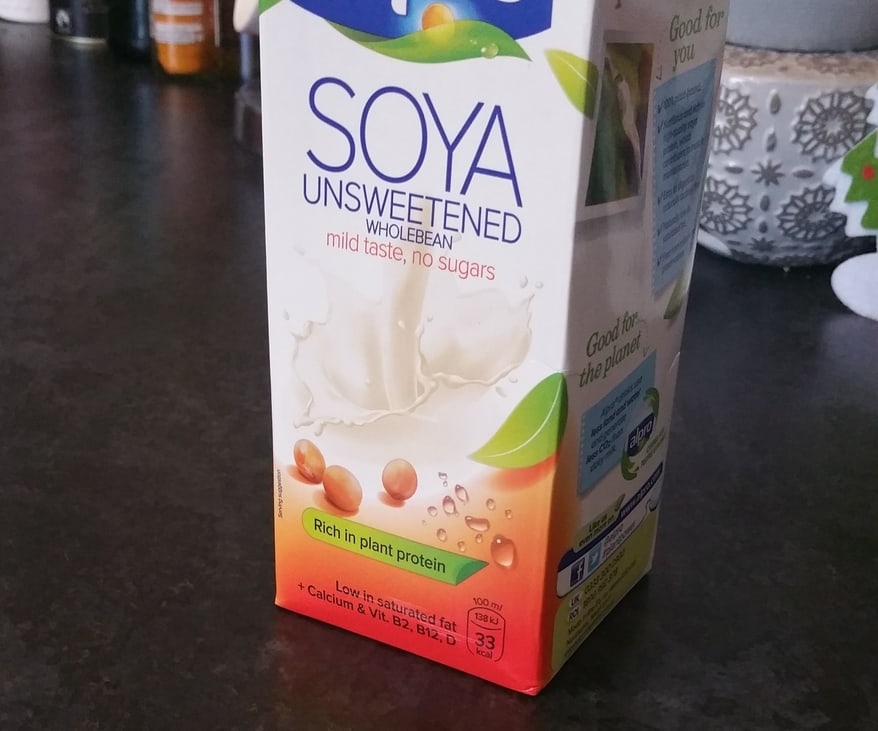
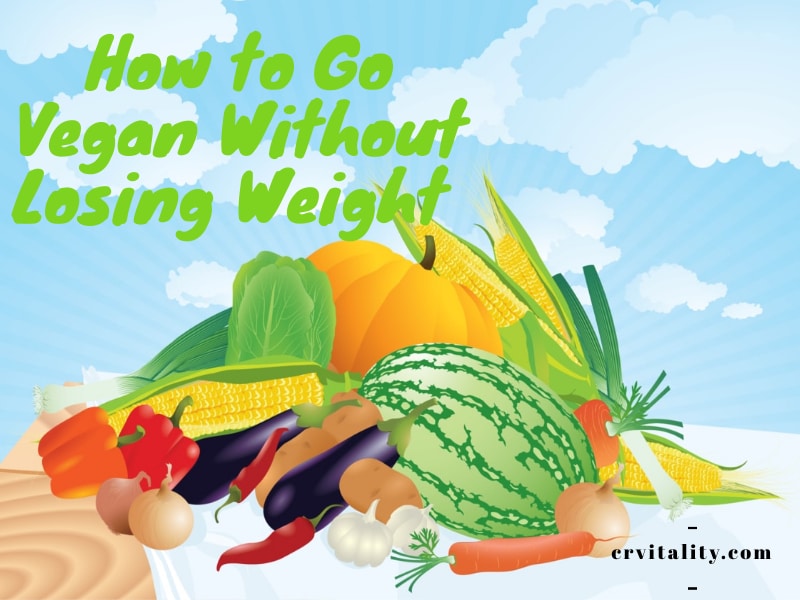
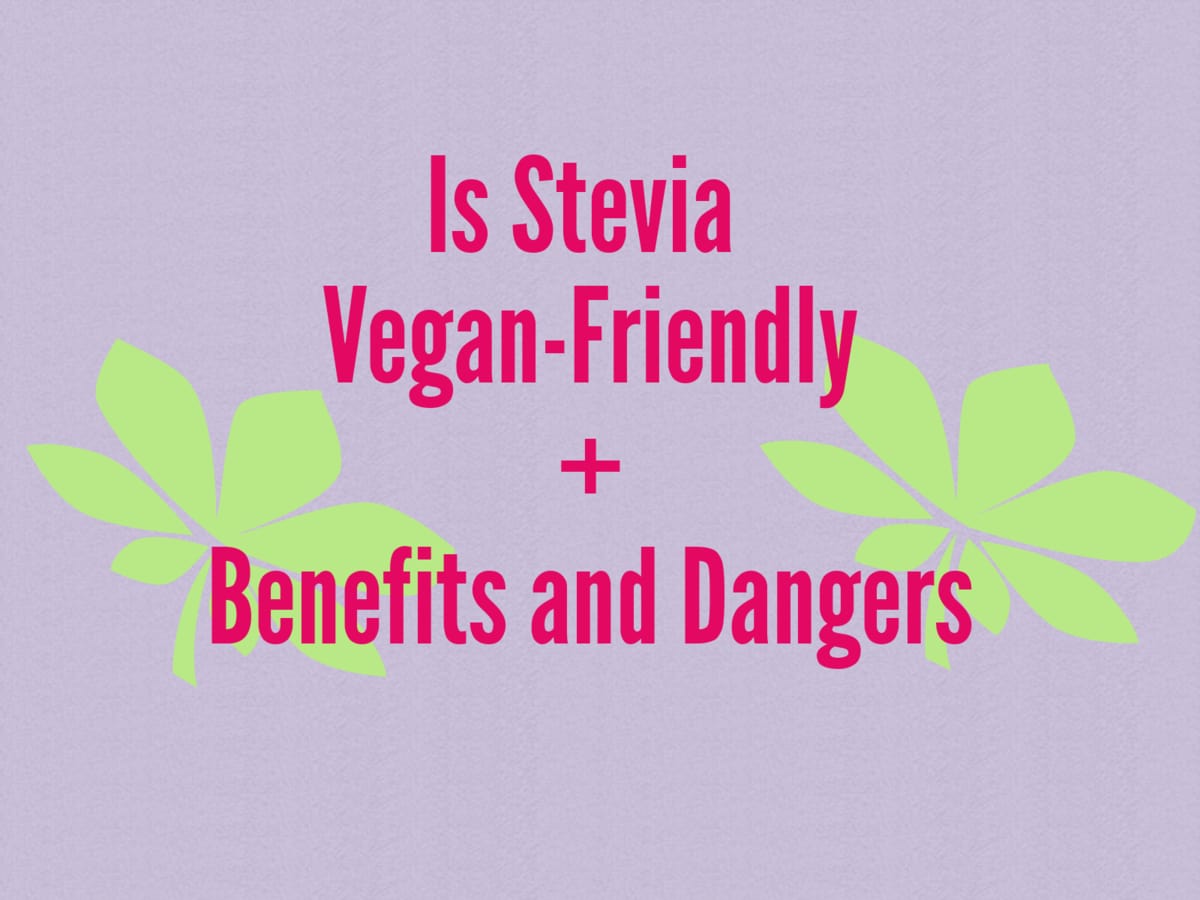
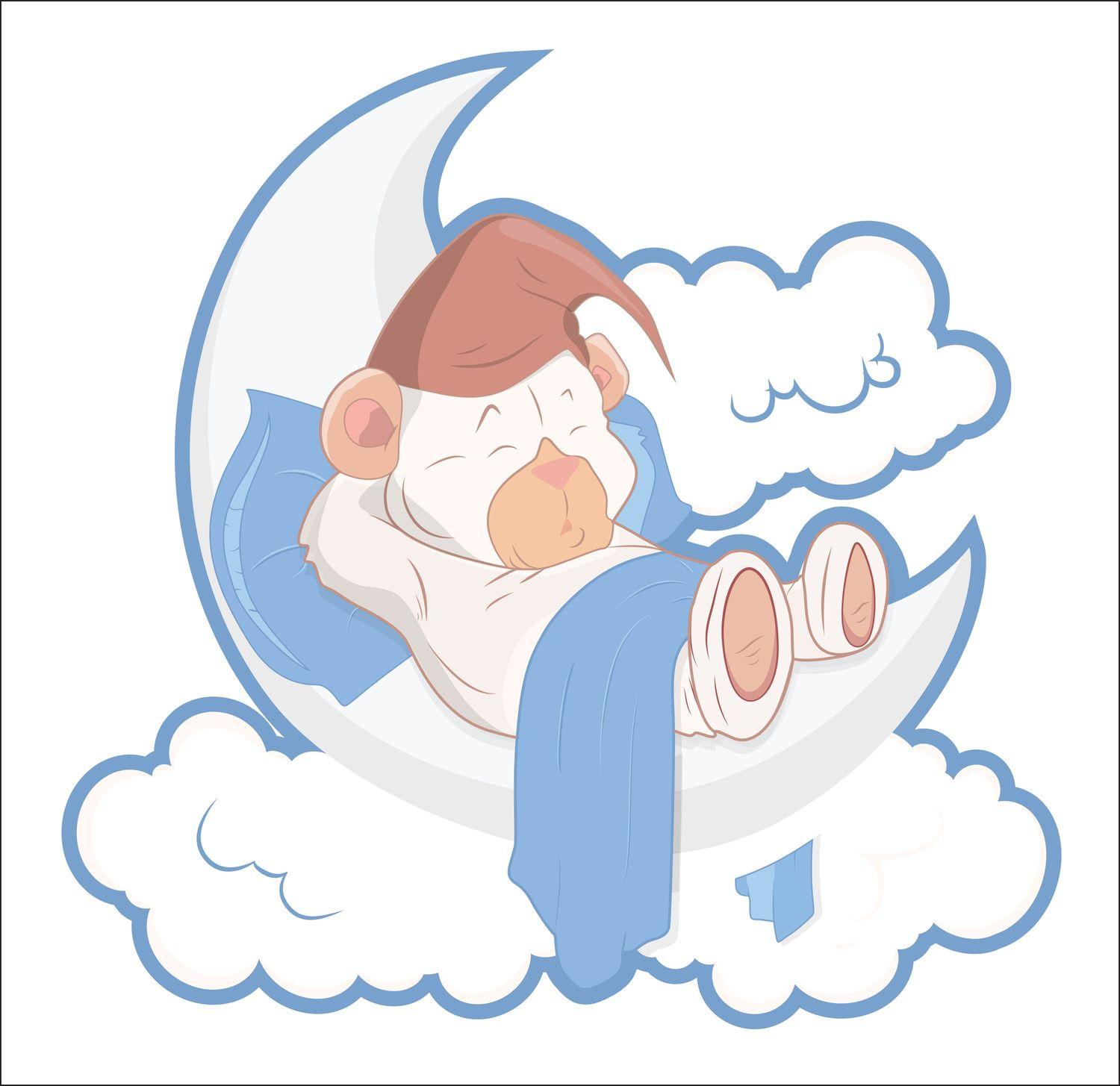
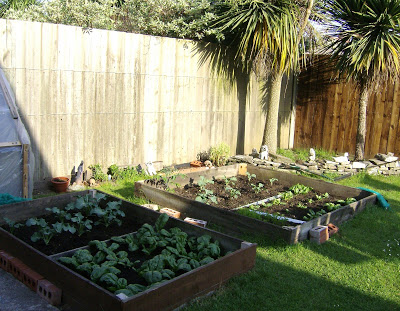
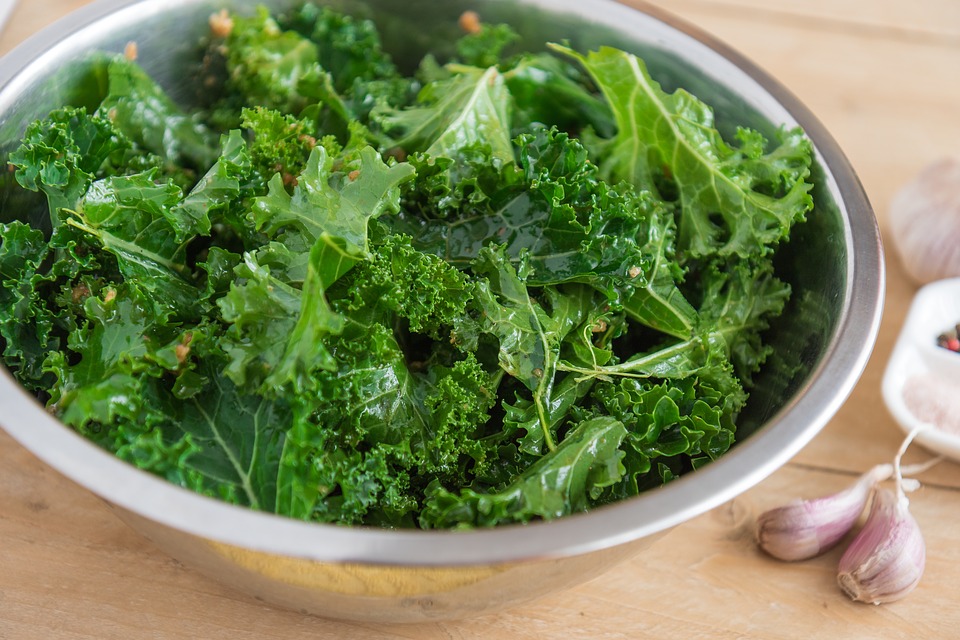
Great article!
I found it interesting what you wrote about how restricting calories too much can cause sleep disturbances. I try to keep dinner light and to eat early, and I don’t like to eat after dinner if I get hungry. Yet, I think this is also affecting my sleep at times. I think it is also in the literature that calorie restriction can enhance sleep. I find this confusing at times. It is a struggle trying to find the amount of restriction and the diet that works best for you.
Thank you for sharing your successes and challenges as it offers others inspiration and guidance!